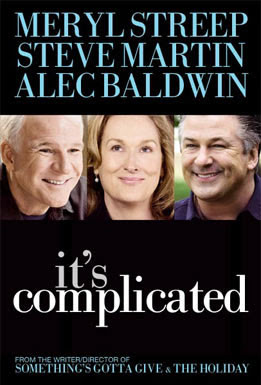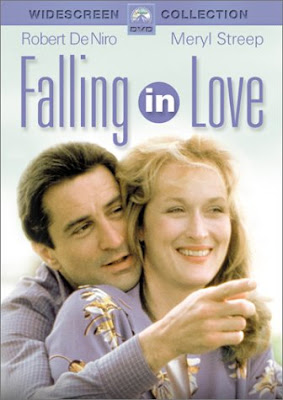Trying to talk about why film is important to society can make one sound a little pretentious. The ways in which film permeate life are vast, overwhelming even.
All around the world we watch many of the same films. Good movies are not held back by language barriers. We will gladly read sub-titles if it's that great. Although there might be some cultural tid-bits that are "lost in translation" - the big themes of human beings - the existential questions of mankind, are universal.
Film, uniquely of all art forms, combines virtually every other art form into this one thing. Literature, the visual arts, performance arts, music -- everything mixes and combines into this accessible space. Film is the most accessible of all the arts in many ways. Many people around the world will never visit some of the best museums, but nearly everyone will have seen a movie at some point in their life.
Film allows us to explore the complexities of the human situation. Sometimes that exploration takes place in the dramatic but sometimes it happens to be funny. Most good films manage to combine a lot of different emotions and feelings all at the same time. And generally a good film will look at one or two important questions or themes and spend some time exploring the answers. Great films will usually not give you the answers - they will let you decide for yourself.
And we can use film to teach - history comes alive, science is explained, literary works are brought to life.
We use films to work out our emotions - we laugh, we cry, we get terrified, we worry, we hope. It can be a very cathartic experience. Most of the time when we are watching a film, when we cry, it's because we are experiencing something we also experience in good therapy - we access emotions that we often keep a lid on. Something strikes us as "truth" and the body let's us know by allowing us to cry. It's a release we need. And many times, noticing the thing that makes us cry - especially if it isn't necessarily making everyone else around us cry - that's important to take note of. The reverse is also true - if everyone else in the theatre is feeling the same emotion but you are not? That's important as well.
Sometimes movies just provide an escape. We don't want to think. But that's just as important as any of the other things a film provides. Human beings need escape sometimes.
Very often we want to explore different lives and places and things than the ones that look like our own.
Films tap into that very ancient art of storytelling. As long as humans have existed we have told stories. Film is just a very high adaptation of that craft.
Film is a cultural artifact. It's a little time-capsule of the time and era and culture in which is was born. If you look at particular decades of films there are over-arching themes and re-visited ideas. Films often make commentary on the times in which they are created. In this way a film forever holds clues to the thinking of the era.
And although I appreciate all of these ways in which movies are these great cultural artifacts and historically important and beautiful art forms. I am most interested in how a film could help a person with a particular problem or set of problems. Movies can often provide a sort of inspiration - a way to see how to navigate a problem. Or sometimes watching someone else go through something in a film similar to what you have experienced in your own life can give you clues as to how you can handle it different - differently than you have so far, or at least differently than the film character. Maybe you'll wish that you could have handled it as well as the film character and it will inspire you. That has actually happened to me and it can be a very powerful image to carry with you.
At different times in my life different films have become something I have carried around in my head and they have resonated with me and affected my life. Mostly for the good.
One thing I love about how film might be used as "film therapy" is that everything is so accessible now. It used to be hard to find certain films and you had to find a really good "video store" (wow, remember those?) to be able to find a wide variety of options. Now almost anything you might want to see is a click away. I personally have an Itunes, Vudu, Hulu Plus, Amazon Prime, and Netflix. Even an obscure Danish film that isn't on Netflix, Itunes or most of the others I have found on Amazon Prime. Even if it isn't on most of the formats, you'll probably be able to find it on one of them. This means that nearly any film that might prove meaningful for a particular person is available with relative ease.
I'm excited about the implications of that.
This month I've seen 3 Danish films, 1 Italian, and 1 Flemish.
What a great thing that is!
It's nice to have favorite movies that are just purely entertaining. But it's also great to allow film to challenge you. I love hearing about what movies people love - but I almost equally love hearing about what movies people hate.
What did you love recently and what did you hate?
I'll be it says something important about you.












2 comments:
Great blog. I have my own radio show and I was looking online for more on this subject. Your blog really captures everything in a very powerful way
Thanks for informing us , it will very helpful as user point of view. Please keep sharing for the beneficial knowledge of users.
Home Automation Vancouver | vancouver security | Best Security Vancouver
Post a Comment